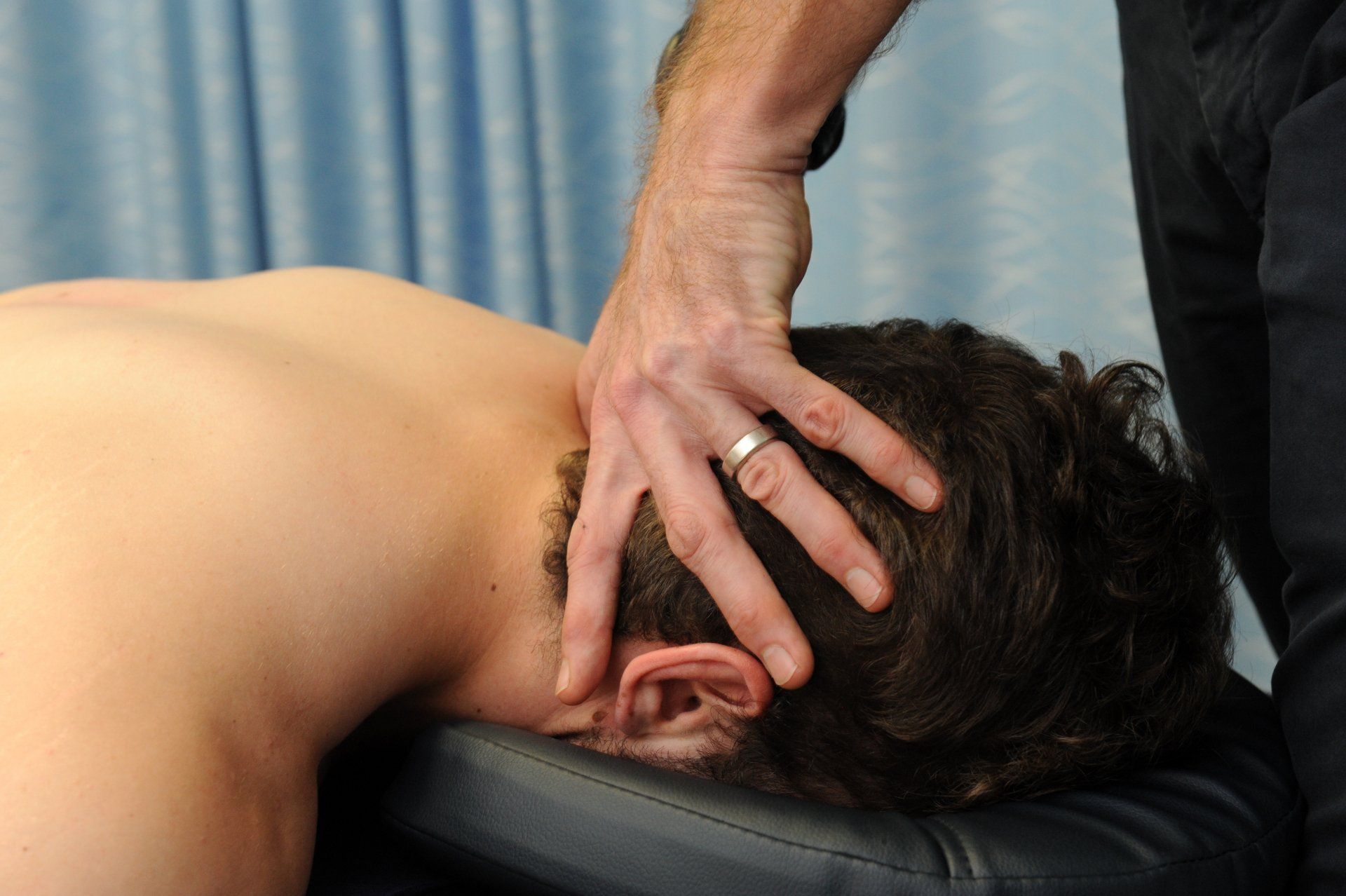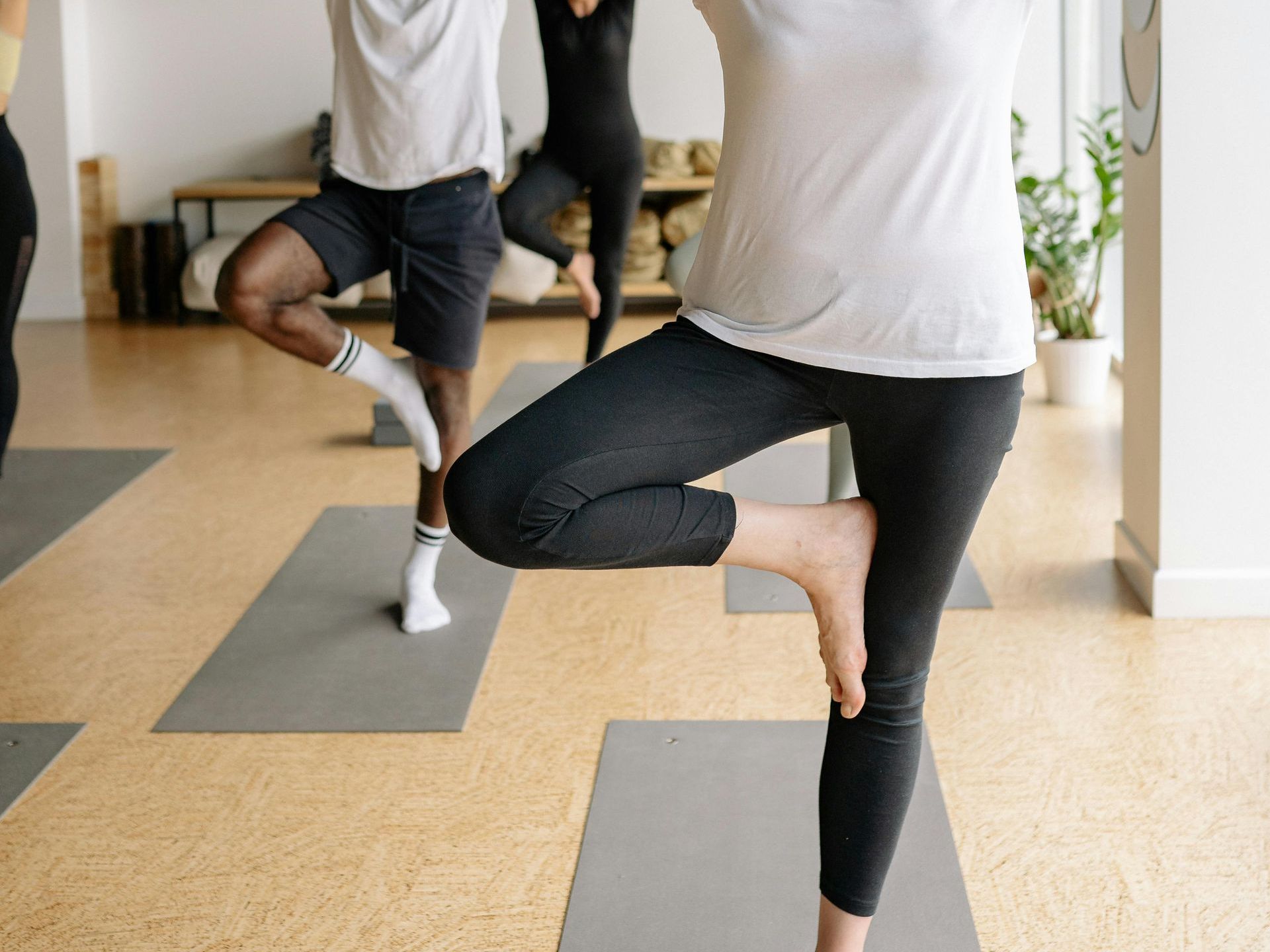Athlete Screening
A well designed sport screening will get you ahead of the competition

In the world of sport, and we’re talking all sports, not just elite sport, physiotherapists play a crucial role in injury prevention and performance enhancement. And it all starts with a targeted screening, to assist in identifying any potential risk factors, weaknesses or restrictions that may impact your training and performance.
Now many readers will be reading this and thinking this is just a ploy to get you to come in for further treatment sessions. And while some physiotherapy intervention might be recommended, from our experience, about 90% of the time most issues identified in a screening can be self-managed with a targeted exercise program (and we give you access to this for 8 weeks, for nothing!).
When to get screened
Ideally, screenings are done at the start of pre-season training. This allows plenty of time to develop strength and flexibility without risking an overuse injury. The faster muscles, tendons and joints are exposed to load, the greater the risk of developing an injury that will impact your season. Through an individualised exercise program, strength, flexibility, agility, and endurance can be developed in a sustainable fashion, allowing greater focus on skill acquisition to help you get ahead of the competition.
What’s Involved?
Firstly, we need to know about your past injury history and level of sport that you play, so the first part of the process is designed to talk about these in detail. This information is important as it may guide us to pay more attention to certain areas during a screening and help us pitch exercises at the right level.
Our screenings are sport specific, so assessments vary depending on your chosen sport. We are currently the physiotherapists for the AFLNT Thunder Academy squads and Hockey NT and have screened hundreds, if not thousands, of sports people of all ages over the past 20 years. While we use specific screening tools, we improvise and adjust our screenings to suit the athlete at hand.
In most cases a sport screening will assess joint ranges of motion that are key to your sport, such as hip, knee and ankle for running sports, and thoracic and shoulder for swimming. Biomechanical techniques such as squatting, jumping, and lunging are commonly assessed, as are the strength of different muscle groups and overall flexibility. Some of these assessments might prompt us to undertake specific tests, but we will discuss these with you during the session.
What happens following the screening?
The Physiotherapist will discuss with you any identified impairments, weaknesses, or issues you may have and the best way to manage these to achieve your goals. We use Physitrack to provide you with a specific exercise program. With 8 weeks access, we can use the app to communicate with you and ensure exercises are specific, effective, and providing you the best chance of performing well and remaining injury free throughout the season.
At Movement for Life Physiotherapy, our clinical staff are experienced in screening for a wide range of sports.
Start off your pre-season on the right foot by booking in a screening today.
Call now on 08 8945 3799 or book online.








